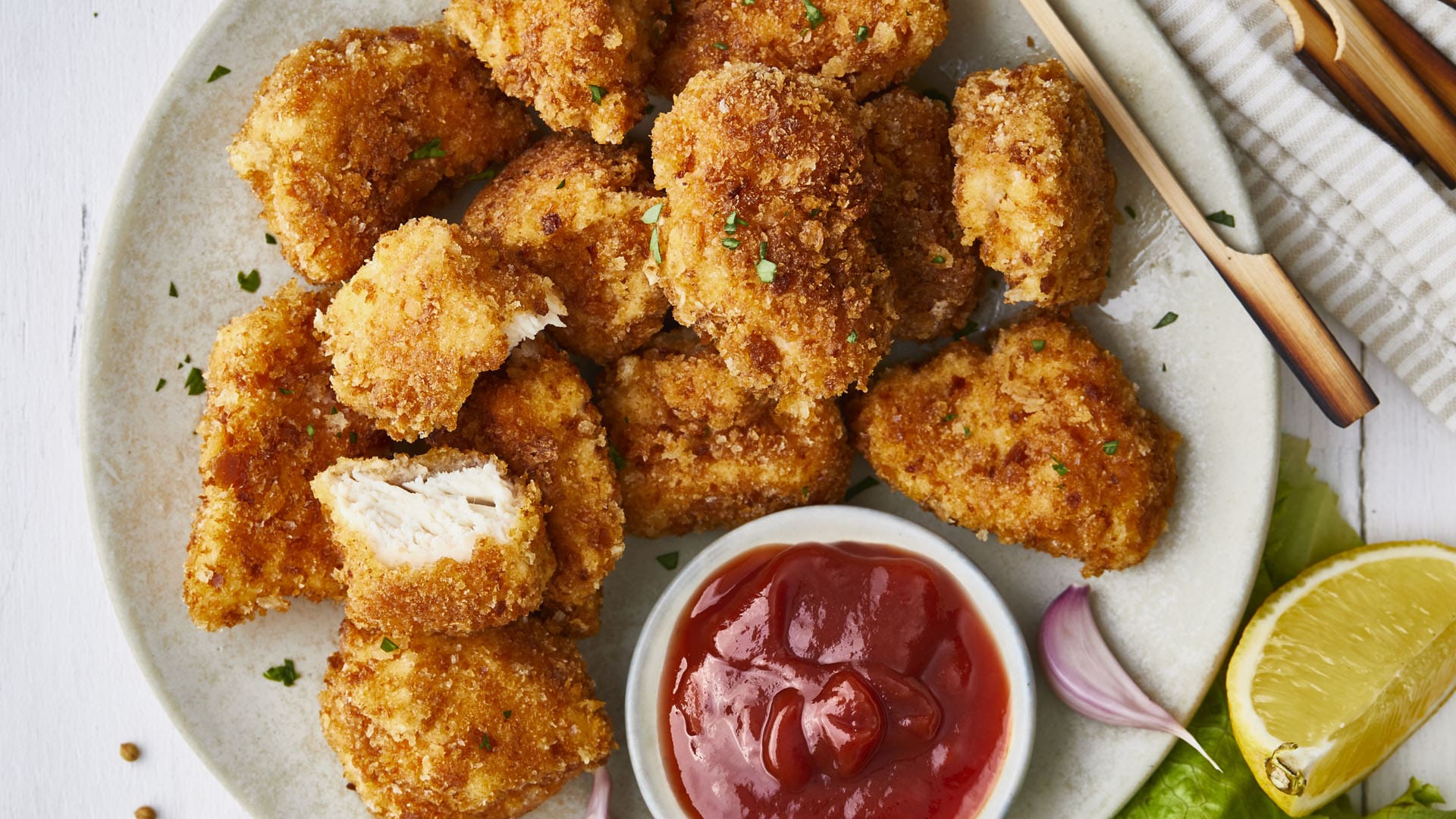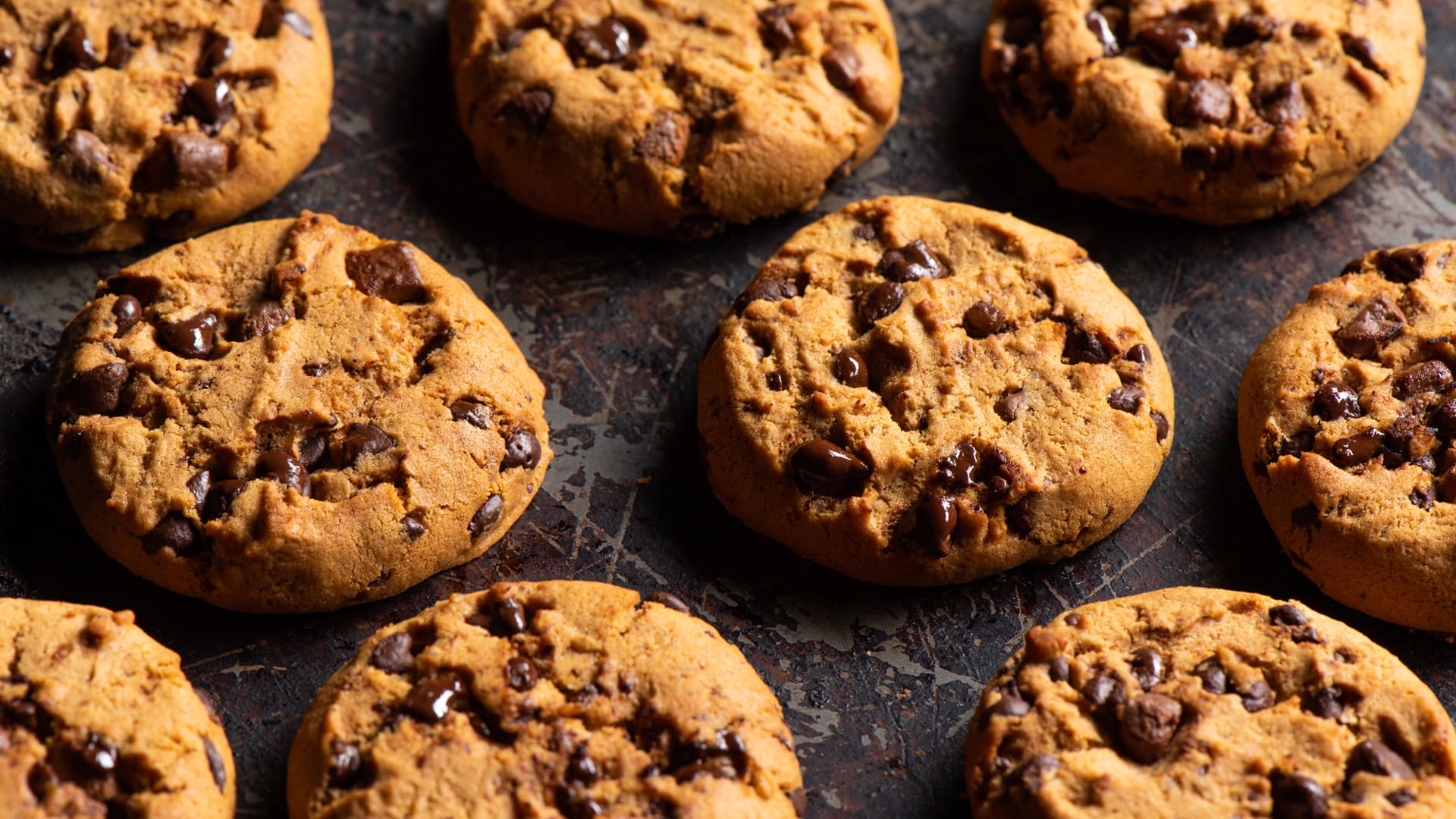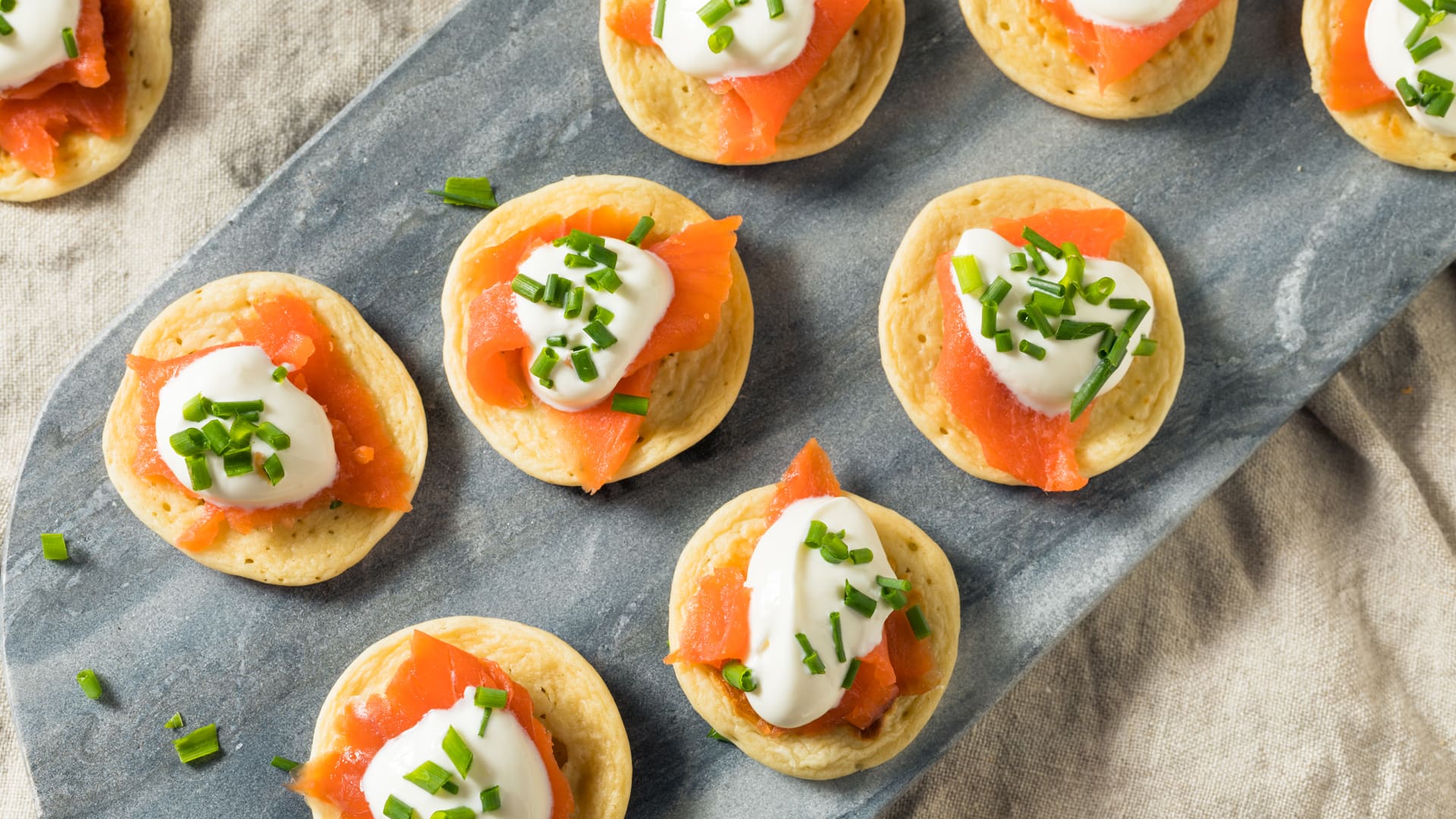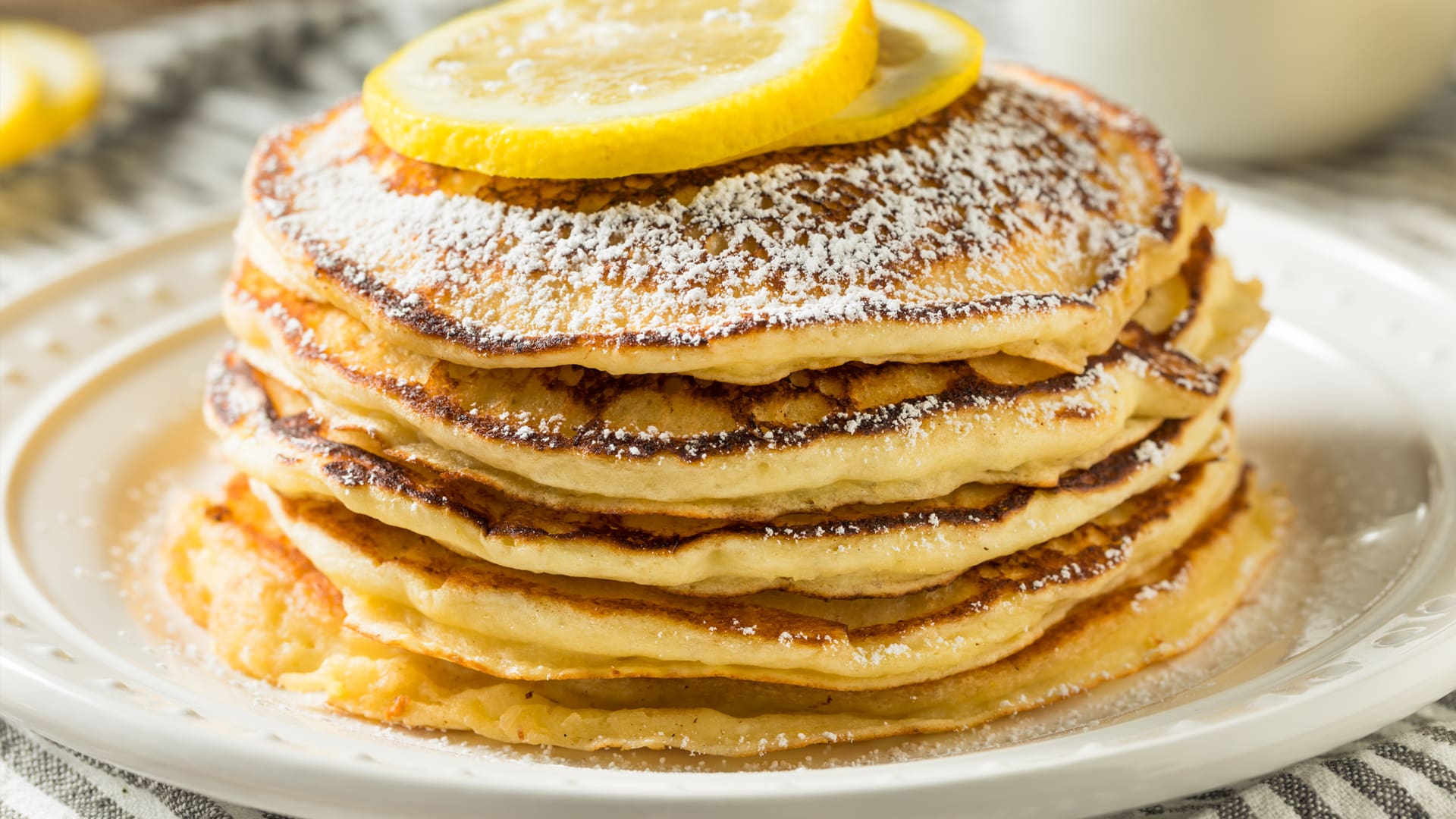Mary A
I was diagnosed aged 40, over 30 years ago. My main symptoms were gastrointestinal problems, particularly griping stomach pains. I did have occasional severe diarrhoea episodes and also severe vomiting episodes, but the worst was the almost constant tummy pains and indigestion. I first took myself to the doctor aged 19 in the late 1960s but apart from some routine blood tests including thyroid tests, which were all clear, it was dismissed as probably psychological and due to a difficult home life.
Eventually after another couple of decades and following a bout of rather severe and continuing “gastroenteritis”, coeliac disease was diagnosed. Amazingly, I’d had 2 superb pregnancies in my 30s and no miscarriages. But as I weaned each child, severe gut symptoms would return.
In retrospect, I believe I had clinical coeliac disease since babyhood. I was regarded as a baby that didn’t thrive and admitted to hospital at about 9 weeks old, a “very sick baby” according to my child health notebook and given an uninformative barium meal x-ray! My child health notebook later records “Baby does not like Farex – PERSIST!” (The entering nurse’s capitals!) Well, perhaps the baby knew best – I’m guessing Farex was probably full of wheat flour in those days! My mother did breastfeed me for about 4 or 5 months, but only partially as was apparently typical for those days. I was regarded as somewhat weakly in childhood compared to my subsequent siblings. I was forever having “gastro bugs” – some probably were, but most were probably not infectious illnesses as mostly I was the only one in the family who was affected. I would go to bed, usually with a vomiting bucket, not eat for several days, then my mother would bring me a wonderful banana mashed up with milk! Gut problems in my teens, sometimes severe, were medically decreed as “probably growing pains”. There was the occasional severe and horrendously embarrassing public loss of bowel control in my teens – cruel.
Things improved very markedly after diagnosis at 40 years and a strict gluten-free diet. I’d like to say it was all downhill afterwards, but in fact “difficult gut” problems have persisted.
I have irritable bowel syndrome which I’ve learnt to live with, keeping it under varying control. Some medications and medication changes (increasing with other events of advancing age) have been/are difficult. I have low bone mineral density which has been under regular endocrinologist treatment/review since my 40s, and which has been able to be kept from declining further and even slightly improved. I have, or had, marked gastro reflux (I have an oesophageal valve hernia which I suspect may be from the early days of vomiting) – eventually I could not go out without a small bottle of antacid as the reflux could come on suddenly like a blow-torch in my gullet. Eventually antacid treatment gave inadequate relief (although no apparent oesophageal damage), but the reflux is now under good control with daily preventative medication. I have regular follow-up endoscopies and colonoscopies.
A couple of years ago I was urgently admitted to hospital for a few horrific days (staff wonderful but oh the system!) The initial CT scan had indicated a possible appendicitis and possibly something more sinister. I got steadily better each day despite the pain, was discharged, and a full review by my private gastroenterologist several weeks later deduced it had probably been a nasty gut infection (I’d had previous similar but lesser episodes) – and I still have my appendix!
To be honest though, coeliac disease and a strict gluten-free diet is now the least of my problems (especially as other age-related issues inevitably declare themselves!) These days, compared to 30 odd years ago, there is such a great variety of nutritious and palatable gluten-free food and such good labelling and so much awareness – thanks in great part to the wonderful Coeliac Society!
There were no problems at home after my diagnosis – just an extra spaghetti pot on the stove, awareness of not to contaminate anything with gluten breadcrumbs that Mum might want to use, and so forth. It has never bothered me to have the family, or anyone else, eating gluten food in my presence. Just so long as I know what is in my food! In the community and on TV, etc, coeliac disease is now a “normal” idiosyncrasy and jokes can even be made about it! However, I most certainly endorse early diagnosis and a strict gluten-free diet – the complications that can arise out of late diagnosis are just so avoidable.
I was the first known coeliac in my family and relatives. But my paternal grandmother was almost certainly a coeliac although probably not as severe as me – she certainly had real digestive problems which she appeared to have under some sort of control by avoiding various fats. My youngest sibling developed coeliac disease around her 40s or 50s but milder than mine. My other two siblings and my adult children remain free of it, but a nephew was recently diagnosed. I suspect my father may possibly have been a coeliac about-to-happen, but as he died young in an accident we will never know. He was incredibly fit and a regular blood donor, but my mother told me that several times towards the end of his short life he had been refused as a donor due to unexplained low iron levels.
Some funny and memorable moments of my coeliac adventures:
Towards the age of 40, a perceptive GP sent me to a gastroenterologist with a referral “query – coeliac?” I told the gastroenterologist “Just yesterday, I needed to ‘go’ super urgently, but my son was sitting on the only toilet singing happily, not easily movable, so I grabbed the toddler’s potty and promptly completely filled it, to an ‘Oh good boy!’ from my small daughter.” “Hmm, well, I think I have another diagnosis” he replied, and explained. Had I known previously about coeliac disease, I might have tentatively diagnosed myself years earlier – an example of why Coeliac Awareness Week is so important!
The day the biopsy results confirmed the diagnosis was a busy one: As I loaded things into the car for the morning run to school/daycare/work, my ratbag of a 5-plus year old ran back into the house and “for fun” emptied a whole packet of Rice Bubbles along the hallway. With no time to clean it up, I shut the door, and forgot about it – until later that day. Having attended my gastro appointment for the “news” and then picked up the children, I opened the front door to be greeted by a path of crackling gluten-free rice bubbles! I just sat down in the middle of it and laughed till the tears ran down my face. My son thinking I was crying in anguish said “Oh I’m so sorry I was naughty, Mummy” – which only made me laugh and cry all the more.
In the early days after diagnosis, I was at a restaurant with colleagues, and somewhat apologetically explained my gluten-free requirements to the waitress (so very much easier nowadays – chefs are all trained about gluten-free, and most menus have helpfully labelled gluten-free options.) When my plate arrived, a ginormous cockroach leapt from the face brick wall and landed dead in the centre of my plate on the pile of rice. “Well, it’s gluten-free!” quipped one of my colleagues.
There were the usual “airline events”. One time when they had forgotten my gluten-free request, I was deliciously fed from the First-Class area (ah, those were the days of service!) Other communication mishaps meant I had to survive the occasional lengthy journey on the odd tub of yoghurt or pureed baby food.
Back in 2000 (and it may be easier now), I visited Japan for a work conference and some personal travel. I had expected it to be easy with rice everywhere, but there were often language confusions as to what exactly the rice was laced with. I eventually found a little local supermarket with a kindly gentleman whom I could communicate with by mime and drawings about what might be in a tin of sardines, for example, other than sardines! Apart from the main conference meals (smorgasbord and hence fairly easy), I largely lived on sardines and small packets of steamed rice. I also had with me several packets of a gluten-free Anzac-type biscuit as emergency fare – although I nearly had these confiscated as “commercial examples” by Customs at a small entry airport in the south of Japan. It was the only time I have ever had to use the doctor’s letter that I always carry when travelling internationally, but actually I’m not sure whether they understood the letter (in English) or whether it was my many desperate bows and repeated ‘arigato’ – I’m good at mime but try explaining coeliac disease to a foreign Customs official at 2am in the morning!
Once when we were on a family holiday, we arrived at the carpark to set off on a day-long bush-walk (Mount Feathertop actually!) only to find my gluten-free lunch pack and nibbles had been left behind on the motel bench; and the only gluten-free food we had with us was a cucumber! It was a long way back to collect the gluten-free staples, so we ended up with a smaller nearer bushwalk that day and Mt Feathertop a day or two later. Lesson learnt – we always subsequently checked “Did the gluten-free lunch go in?” plus carried a few gluten-free rations permanently in the car.
A heart-warming occasion occurred with my son when he was working during his teenage student days at McDonalds. The mother of a newly coeliac-diagnosed small boy had come in with a birthday group. Gluten-free requirements were somewhat understood in the general community by then but much less so than now, and the Manager looked quite bemused at the anxious mother until my son, overhearing the conversation, offered: “Oh I understand – my mother’s a coeliac.” “Your group for the afternoon!” instructed the relieved Manager, and the woman looked as if all her Christmases – or birthdays – had come at once.







